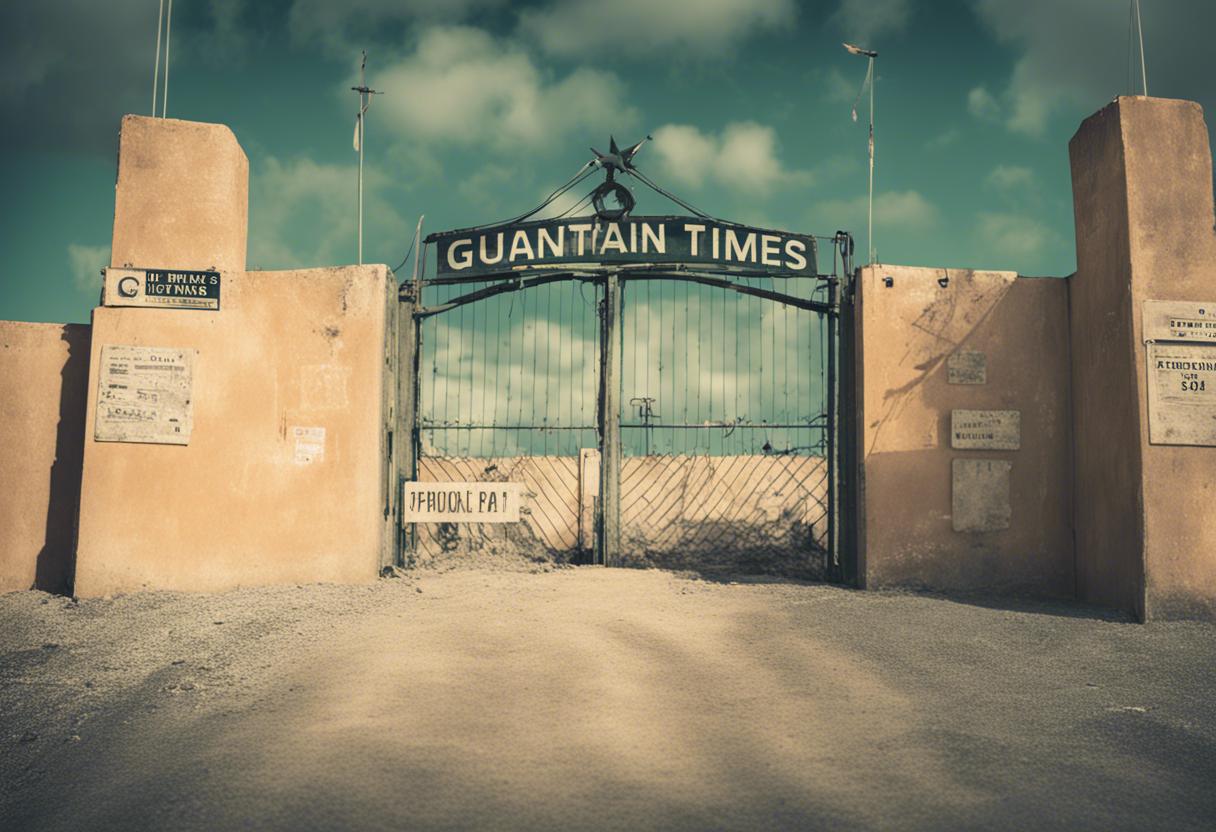Nearly 23 years after the tragic September 11th attacks in 2001, which resulted in the death of close to 3,000 individuals in New York, the capital Washington DC and Pennsylvania, the primary suspect, accused of orchestrating these horrific events, together with two other collaborators, consented in an agreement last month. They admitted their guilt to charges of murder and conspiracy in a bid to avoid a military court case, which likely would have led to a capital punishment. Instead, opting to face life imprisonment. These suspects are namely, Khalid Shaikh Mohammed, Walid Bin Attash and Mustafa al-Hawsawi; all of whom have been detained in the off-shore military base at Guantánamo Bay for almost 20 years. The agreement came about after deliberations with military lawyers and officials from the Pentagon.
The agreement, nonetheless, was met with significant dissatisfaction. Families of the victims from 9/11 were outraged due to a lack of a comprehensive court case that would adequately establish the chronicle of events leading up to the deaths of their family members. While there was an agreement in place for the suspects to be open to questioning from victims’ families, many saw this as an insufficient concession. Others were vehemently displeased with the decision not to award the death sentence. Additionally, international audiences questioned the legitimacy of any legal course that leaves suspects in detainment awaiting trial for an extended period.
However, all of this has now been relegated to moot points. Last week, US Secretary of Defense, Lloyd Austin, unexpectedly declared the agreement cancelled, to the surprise of both the defence and prosecution.
Currently, the subsequent steps remain uncertain. The likelihood of the suspects receiving a fair trial vanished years ago. Previously, they underwent an abusive torture regime in covert CIA prisons for three years prior to their transfer to Guantánamo. Once there, UN rights investigator, Fionnuala Ní Aoláin reports they were subjected to more inhumane treatment and torture. Evidence obtained through these interrogations were rendered invalid.
Since 2001, a total of 18 individuals have been held accountable for crimes out of the hundreds that Guantánamo has housed. Consecutive US government administrations have grappled with the aftermath of a now evidently misguided policy that violated essential human rights and principles of natural justice, while also failing the victims of terrorist activity. Barack Obama, the former US President, vowed to close down Guantánamo 15 years ago. Yet, despite his pledge, Guantánamo continues to operate, inexplicably and unforgivingly.

